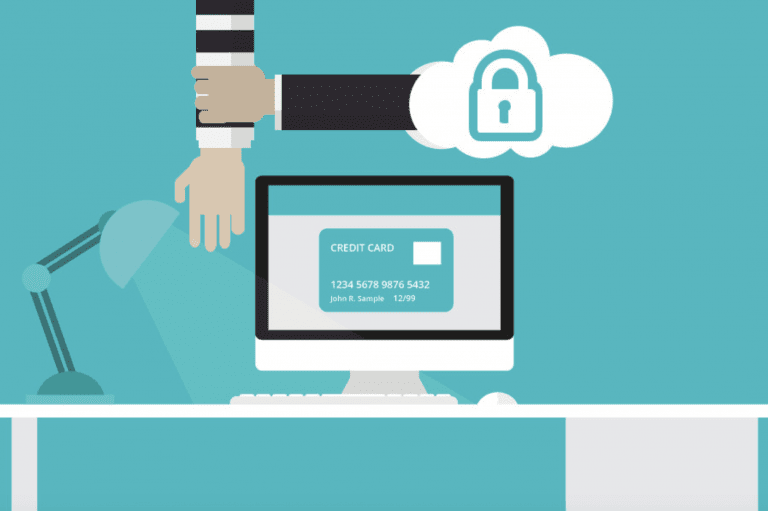How to Protect Your Business from Cybercrime
With the recent reports of WannaCry infecting over 200,000 computers worldwide, now is the time to take action and protect your business.

Cybercrime is fast becoming one of the greatest threats to the modern business, and notorious ransomware WannaCry is possibly the most dangerous yet. Cyber security veterans McAfee, estimating a loss of between £300 billion and £435 billion to the world’s economy, all because of hacking (data centre journal).
One of the biggest mistakes made by business owners is thinking that they won’t be affected, either because of their size or profit margins. But as our recent article on the 2016 government cybercrime survey proves: size doesn’t matter when it comes to attacks on UK businesses.
Being a small-scale business no longer means being invisible to cybercrime; research by PWC found that 60% of small businesses have been affected by some form of malicious security breach: whether trojan horse software or ransomware.
Being aware of the very real threat cybercrime presents is the first major step you can take toward protecting your business from potential security breaches. Of course, there are more active steps you can take to stop cybercriminals (ones that don’t require you to don a mask and cape).
Installing anti-virus and anti-malware software on your PCs and mobile devices is perhaps the most obvious way of protecting your business from online security threats. There are now plenty out there; including several free versions that may already be installed, but it’s a good idea to have a sturdy system in place.
One major reason as to why cybercriminals have gotten a leg up on their victims recently, is that technology is moving at such a rapid pace that security efforts are struggling keep up with it. Hackers have been known to exploit weaknesses in older versions of hardware and software, that aren’t built to withstand against newer threats. This means that keeping your software, hardware and OS regularly updated is important; suppliers and creators will continue to develop ways to protect you, so remembering to update is crucial.
But it’s mobile devices that have been called out as cybercrime’s favourite targets; mostly due to both their popularity with the public and how easily they can be compromised. Mobile is now the British public’s favourite device; with 33% of adults preferring to use their mobile, compared to the 30% preferring laptops (Mobile News).
Mobile security is not being taken seriously enough; the device itself has its own security flaws (they often have ‘back-doors’ for easy access to information), but it’s really the wider concerns of networks and cloud services that need be watched. Once breached, mobiles can be used as an access point to a company’s entire network, if connected to their internet or cloud systems.
Having secure mobile protection is often a case of, once again, installing anti-virus and anti-malware onto your device. Being aware of potentially malicious apps is also something watch out for, particularly if you have an Android phone. Android devices have been cited as one of the most vulnerable pieces of tech; with users being targeted by Android malware having more than doubled in the last year (mobile news). Being careful with what apps you decide to download is essential when using a mobile device; are they official apps? Are they asking for sensitive information? Are you happy with what permissions they’re asking for?
But the no.1 weakness in your business is undoubtedly the very people who work there. Employees have too often become unwitting participants in acts of cyber criminality, either due to ignorance or unsafe online behaviour. By connecting infected third-party devices to company networks or directly into PCs, or by clicking onto unsafe links in emails and going onto websites with vulnerable source codes, company members are constantly putting their business at risk.
The best way to combat this is to help inform your staff and make them aware of the potential dangers involved with being online. Advise them to install anti-virus and anti-malware software on the devices, to be wary of potential email phishing campaigns, and to avoid suspicious websites.
So stay vigilant and stay safe online; because your business just isn’t worth gambling. For more advice and services to protect and support your business, have a look at some of our other blogs or contact our customer support team on 0208 166 4540
Want to share it with your friends?
